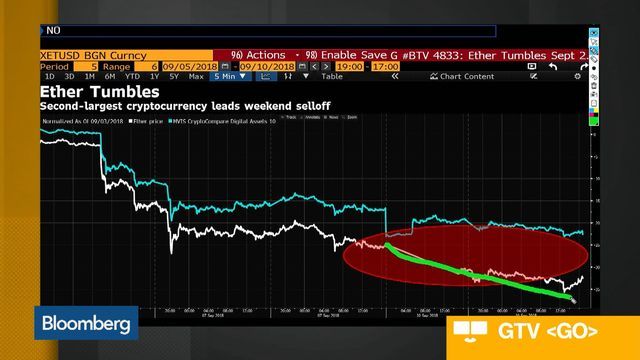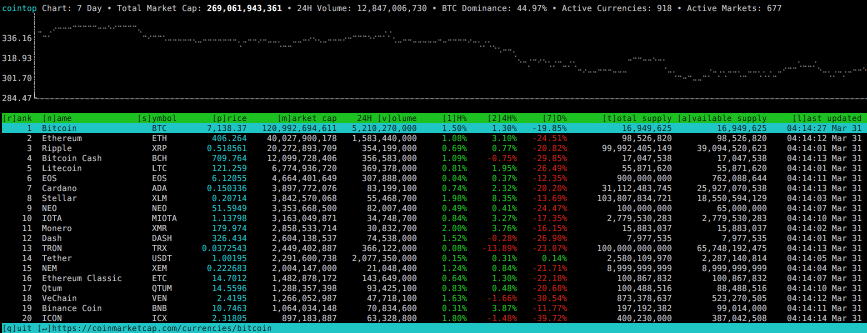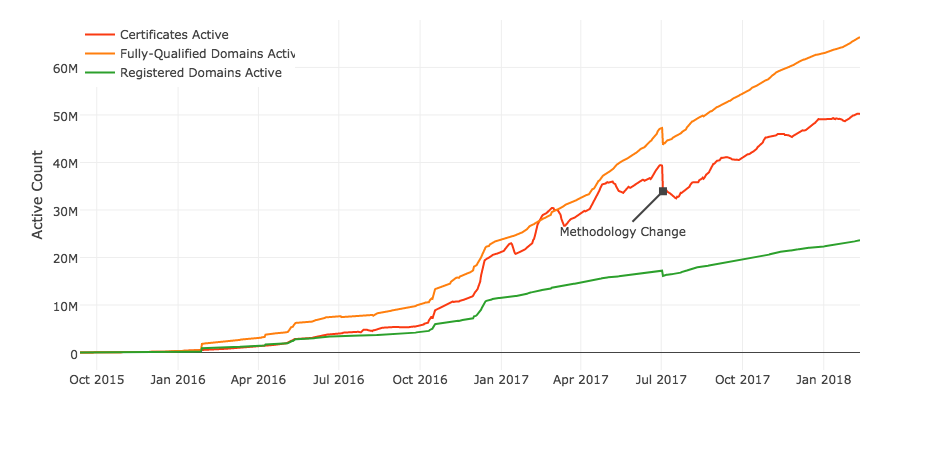Chris Beams joins the show to talk about Bisq, the P2P decentralized Bitcoin exchange and open-source desktop application that allows you to buy and sell bitcoins in exchange for national currencies, or alternative crypto currencies. We get some background on the issues faced by crypto exchanges like CoinBase, and the now defunkt Mt. Gox. We discuss whether or not Bitcoin is a censorship resistant payment system and what it means to have anonymous transaction currency options. Bisq also has an interesting white paper about its own DAO (Decentralized Autonomous Organization) to support its contributors and we discuss that in detail at the end of the episode.
Chris Beams: Yeah, well that’s where it starts to get really exciting for me. I’m obviously excited about Bisq itself, the exchange… I think it’s a wonderful thing. It’s what we are now rolling out, which is what we call the DAO, the Bisq DAO - for those who don’t know, it stands for Decentralized Autonomous Organization. This concept has also been called DAC - Decentralized Autonomous Corporation (or Company), but the kind of term that’s emerged and kind of got this rough consensus these days in the space is this idea of a DAO. So what does that mean and how does that relate to people participating and contributing?
The idea of a DAO, if you just break down those terms - Decentralized Autonomous Organization - well, we’ve talked so far about the application itself, which is definitely decentralized; the application is definitely peer-to-peer, it’s nothing more than the node of networks talking to each other, right? So it’s certainly decentralized in that sense. What’s not decentralized is the organization itself, the human side of the organization. To date, we’ve had contributors coming and going over the years, and indeed for myself, I got deeply involved with Bisq when it was beginning, in 2014, and I spent five or six months with the team in a kind of dedicated way, and then I left and did some other things; I was working with the Gradle team for people who know Java build systems - for about a year.
Then I decided to come back, and I decided to come back actually in large part because of what Bisq is doing with this DAO. So what does it mean to decentralized the management, the operations, the development, all the human sides of making a piece of software?
[01:20:04.08] This is really exciting stuff, because with the advent of cryptocurrencies, with the advent of Bitcoin in particular, it’s now possible for people to - like I said before - engage with each other at a distance, with a minimum of trust. Somebody working all the way across the world who is a JavaFX expert and wants to help improve the UI and put that chart in that we were just talking about, so far in the world of open source the ways that that contribution was gonna happen was a) just an industrious, helpful person over there, with this JavaFX expertise, that says “I wanna contribute, for the goodness of it all.” And of course, this isn’t so altruistic per se; it’s great reputationally for people when they contribute to open source projects, even if they’re not paid, and so on. It’s a virtuous thing all around, everybody wins usually in these kinds of scenarios. But this doesn’t scale very well, relying on just really helpful contributors. Contributing all the things that a project needs can be difficult. Certainly some projects do it, but I think when we look at the most successful, really world-changing open source projects that have been out there, there’s usually at some point an entity behind them; a company is sponsoring them, or they form a company or what have you.
This is really kind of personally important to me because I’ve been working in open source for quite a while now. For the last 10+ years, every job that I’ve had has been with some sort of open source organization, usually fairly prominent ones, so I’ve sort of seen all of the different incarnations of business models that attempt to get basically bolted on to open source organizations.
For example, I worked with the Spring Framework team - again, for people in Java, they’ll maybe know that name application framework, pretty popular one… And in the beginning, that was just a great set of ideas really well implemented in an open source project. Quickly, the team around that said “Okay, let’s find ways to make money”, and we did the training and consulting approach. That works; doesn’t scale very well, doesn’t make much money… And eventually, we were acquired, and so on and so forth. So you sort of move through these different models, but none of them feel like a native business model for open source. It’s always something kind of ancillary that you’re doing - training and consulting, or selling your documentation, or looking for someone to acquire you and kind of be a patron ultimately for the project.
What becomes possible now with cryptocurrencies and entities like DAOs is that open source projects can just fund themselves directly in a variety of ways. There’s a whole bunch of models that are being experimented with right now. You guys have probably heard something about - and many people listening to this will have heard about this - ICOs, right? Initial coin offerings that are happening. Like I said, a thousand of these tokens exist and are being traded, and dozens more are being created every day as people come up with all kinds of different experiments about how to fund projects.
Most of that stuff is people funding essentially good ideas, with good teams… Hopefully. Of course, some of them are bad ideas with bad teams, but…







